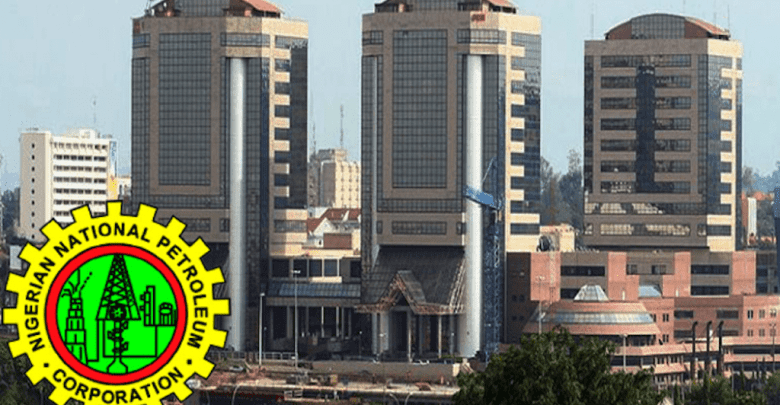
The Nigerian National Petroleum Corporation (NNPC) has expressed optimism that the country would soon find a solution to the challenges of energy transition in the country.
Chief Operating Officer (COO), Upstream, NNPC, Mr Adokiye Tombomieye said this on the sidelines of the ongoing Nigeria Oil and Gas (NOG) Conference in Abuja.
Tombomieye said government and stakeholders in the oil and gas industry had intensified effort to find solution on how the country would move from transit fuel to other areas that were of lower carbon credit.
“The expectation on this conference is that we need to know where the challenges are because currently, we are having challenges in terms of energy transition.
“So, what do we do beyond now moving from transit fuel to other areas that are of lower carbon credit.
“To this end, our expectation is that Nigerians should fully participate in all the aspect of the oil and gas industry and add value not just to the Nigerian economy but economy all over the world.”
Speaking at the same fora, Mr Patrick Obah, Director, Planning, Research and Statistics, Nigerian Content Development and Monitoring Board (NCDMB), said government was undeterred to promote local content practice in the oil and gas industry even in difficult circumstances.
Obah noted that efforts had been made by the board to bring succour to local companies that needed financial support to deliver services to their clients.He explained that among other things, the succour provided veritable avenue for the companies to make policy inputs in Federal Government’s realisation of gas utilisation in Nigeria.
“Our strategy is to ensure that COVID-19 did not slow down the growth of local content in Nigeria.
“The NCDMB’s 10-year strategic roadmap is targeted at increasing the local content values at 70 per cent within 10 years from 2017.
“We are creating 300,000 jobs to push the effect of COVID-19 behind us and retain 14 million dollars out of the annual 20 million dollars fund.
“This is to increase activities in the manufacturing and marine industry production and so on by 2027,” Obah said.
